Industry 4.0: Aspects of Technology Advanced, Part 2 (InnoPeer AVM Advanced Training)
Industry 4.0: Aspects of Technology Advanced, Part 2 (InnoPeer AVM Advanced Training)
| Course offered by: | Prof. Dr.-Ing. Stefan Braunreuther | ||
| Offering University: | HAW Augsburg | ||
| Course Language: | English | ||
| Subject Area: | Information Systems | Free of Charge | |
| Average Workload: | 5 Hours | Free of Charge | Enrol |
| Picture Credits: Interreg CENTRAL EUROPE Programme | |||
What can you learn in this course?
This course provides comprehensive knowledge in the fields of technology in the context of Industry 4.0. The following educational objectives are specifically focused on:
- Additive manufacturing,
- Collaborative robots,
- Smart sensors,
- Retrofitting of existing machines,
- Machine learning,
- Condition monitoring,
- Predictive maintenance,
- Simulation, virtual commissioning and digital twins.
Outline
This course is structured into the following chapters:
0. Introduction
1. Additive Manufacturing
2. Collaborative Robots
3. Implementation of Digital Transformation
4. Advanced Teaching Case
5. Course Evaluation
Course offered by
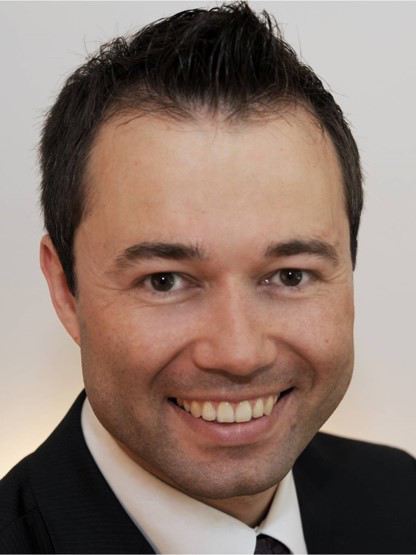
Stefan Braunreuther, Prof. Dr.-Ing. recieved his doctor's degree at the TUM in 2013 in the field of laser processing technology. Since 2014 he has been working at the Fraunhofer Institution for Casting, Composite and Processing Technology in Augsburg and is now head of the department Production Planning and Controlling. Moreover, since 2017 he has been professor at the University of Applied Sciences within the fields of Factory Operations and Production.
Further authors

Michał Olejarczyk, Wrocław University of Science and Technology
Bio: Assistant professor at the Wroclaw University of Science and Technology, has been involved in additive manufacturing for over ten years. He is a specialist in laser sintering process based on polymers powders. Furthermore, he gained experience in research and development projects for the medical, aviation and defense industries and is author of publications, reports for industry and commercial implementations in AM area. He is recently interested in the processing of new materials in LS technology.
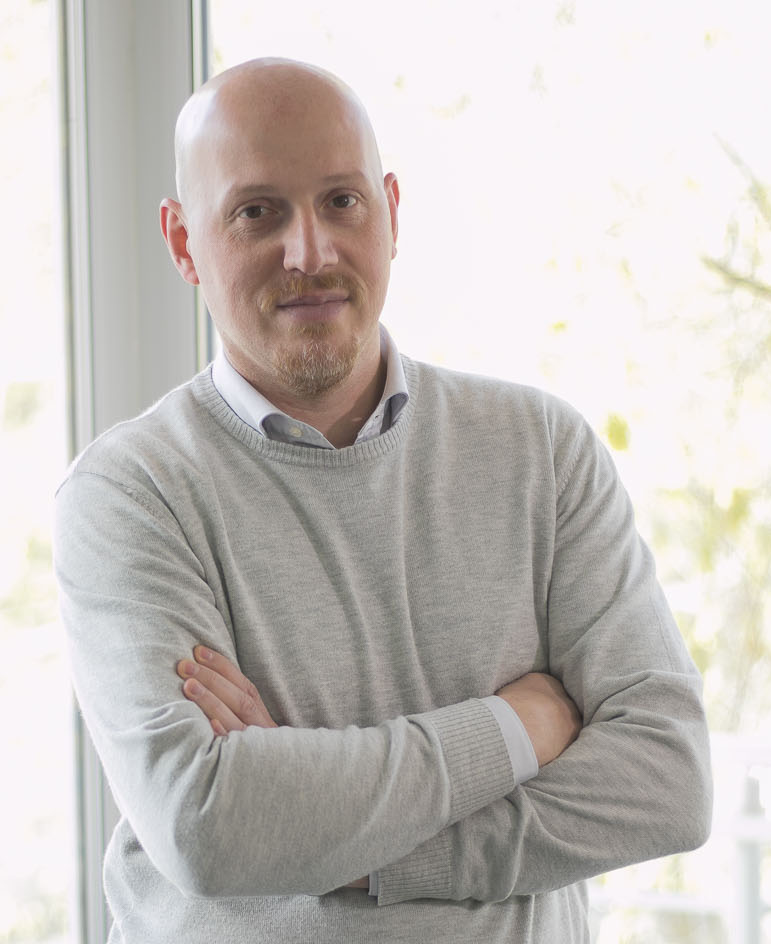
Pietro De Nicola, MISTER Smart Innovation
Bio: Master's Degree in Physics at University of Bologna. He has been working as a researcher at MISTER Smart Innovation since 2006, studying technologies for manufacturing electro-optical sensors and setting up automated testbenches for electronic and optical devices characterization. He is currently engaged in industrial R&D projects involving electronics, photonics and lighting. He also holds technology dissemination and training workshops dedicated to enterprises. He is in charge of MISTER's activities within CRISALIDE and SUPERCraft projects co-financed under the 2018 Emilia-Romagna ERDF-ROP.
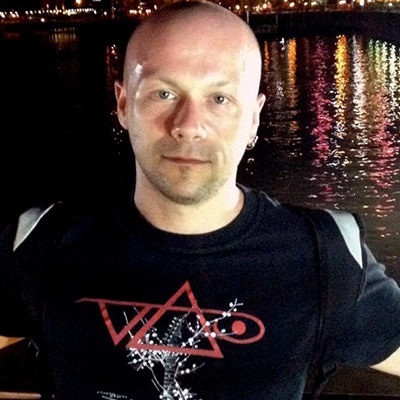
Alessio Giberti, MISTER Smart Innovation
Bio: Bachelor in Theoretical Physics at the University of Ferrara in 2000, Alessio Giberti obtained PhD in Physics of Matter in 2004 at the Department of Physics of the University of Ferrara. His research activity covered semiconductor physics, with particular interest in optical, electrical and transport properties, and their applications in the field of chemoresistive gas sensors. He gained experience in the development of custom IoT systems, based on physical sensors, and as software developer, focusing his activity on machine learning-based applications, data mining and hardware control/communication.
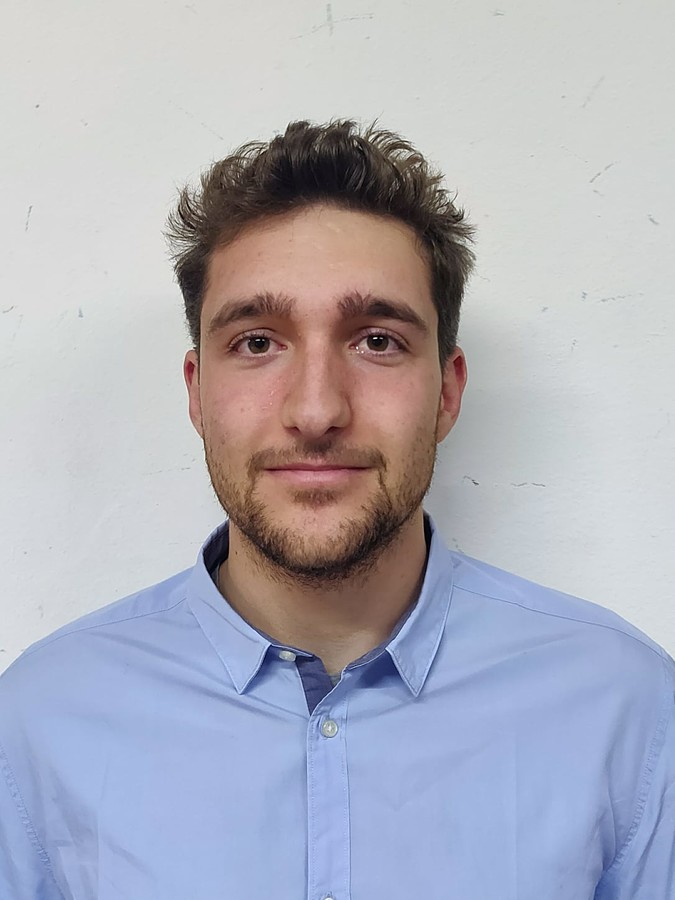
Andrea Gorreri, MISTER Smart Innovation
Bio: Andrea Gorreri, Researcher at MISTER Smart Innovation, master degree in Physics at Università degli Studi di Parma. He deals with design and development of analog and digital circuits, characterization of wide-bandgap semiconductors, software development using finite element simulation and software development with Python, Matlab and C++.

Marcello Pellicciari, University of Modena and Reggio Emilia
Bio: Marcello Pellicciari is Full Professor at the Department of Sciences and Methods for Engineering, where he teaches design of automatic machines and industrial robots. He contributed to the creation of joint industry-university research laboratories and he is involved many European research initiatives. In this regard, during the last years he participated for example to some European projects on automation and industrial robotics funded by FP7 and H2020 (i.e. AREUS, COLROBOT, Z-FACTOR).
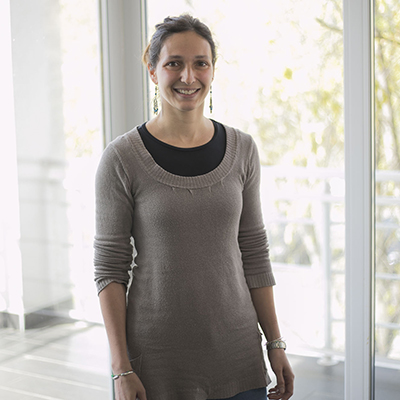
Anna Vianelli, MISTER Smart Innovation
Bio: Anna Vianelli has a Master’s Degree in Solid State Physics and a PhD in Physics and Nanosciences. Within MISTER Smart Innovation, she deals with several industrial research issues in the field of Industry 4.0, smart materials and software development with Python and C++.
Target group
It is recommended to have completed the Basic Training as part of the InnoPeer AVM qualification program or to have an increased interest in digitalization, advanced manufacturing or related topics. The contents of the InnoPeer AVM courses, covering the various perspectives of technology coming with Industrie 4.0, but also the business perspective, are prepared at a high didactical level in order to enable as many interested users as possible to benefit from free orientation and further education in the constantly changing topic of Industry 4.0. The target group includes both decision makers and users with different professional qualifications.
Confirmation of participation
Participants can download an automatically generated certificate of participation after they have successfully completed the course.